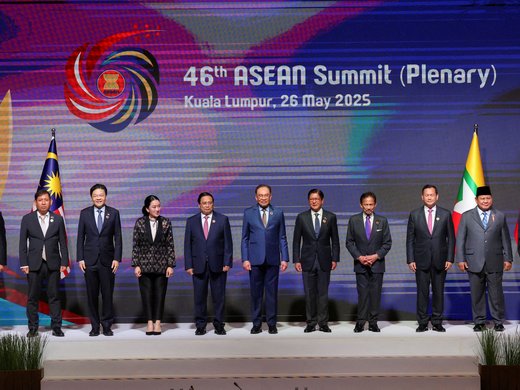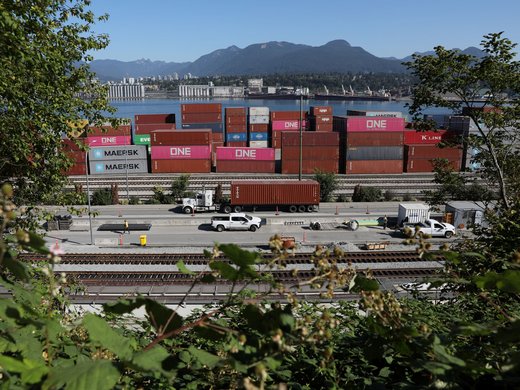For 22 years, the members of the World Trade Organization (WTO) have been discussing how to govern e-commerce and the data that underpins it. In 2019, some 74 (now 86) nations began to negotiate e-commerce. These talks are conducted in secret and little is known about how they are progressing. However, WTO members issued a wide range of public comments on both the Work Programme on Electronic Commerce and the Joint Statement Initiative on Electronic Commerce from 1998, when the work program began, to the present. These communications provide context as well as a window into the negotiations. Using qualitative techniques to analyze these communications, the authors of this paper found that throughout the 22-year period, member states were divided by their understanding, capacity and willingness to set rules governing e-commerce or digital trade. Data, digital prowess and data governance expertise were creating division among members. The paper offers three suggestions for action policy makers could take to address this divide.


